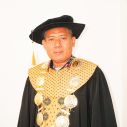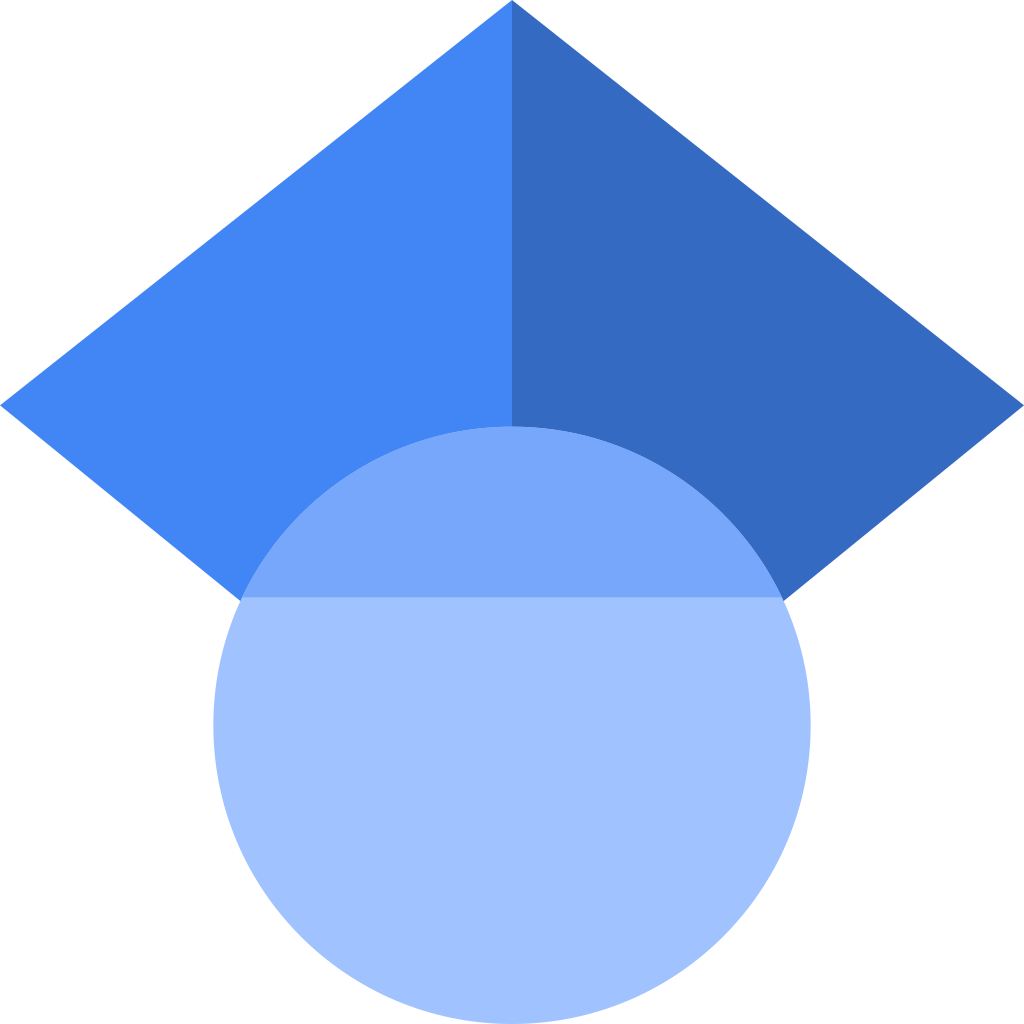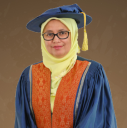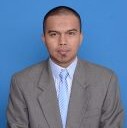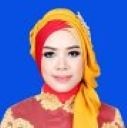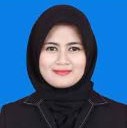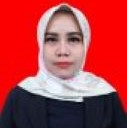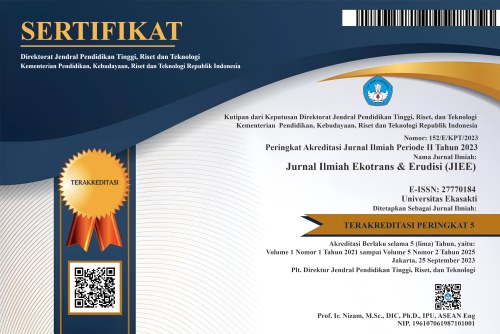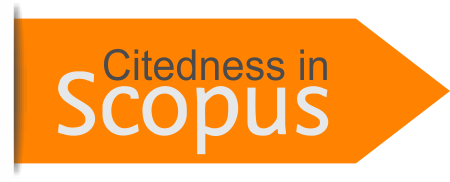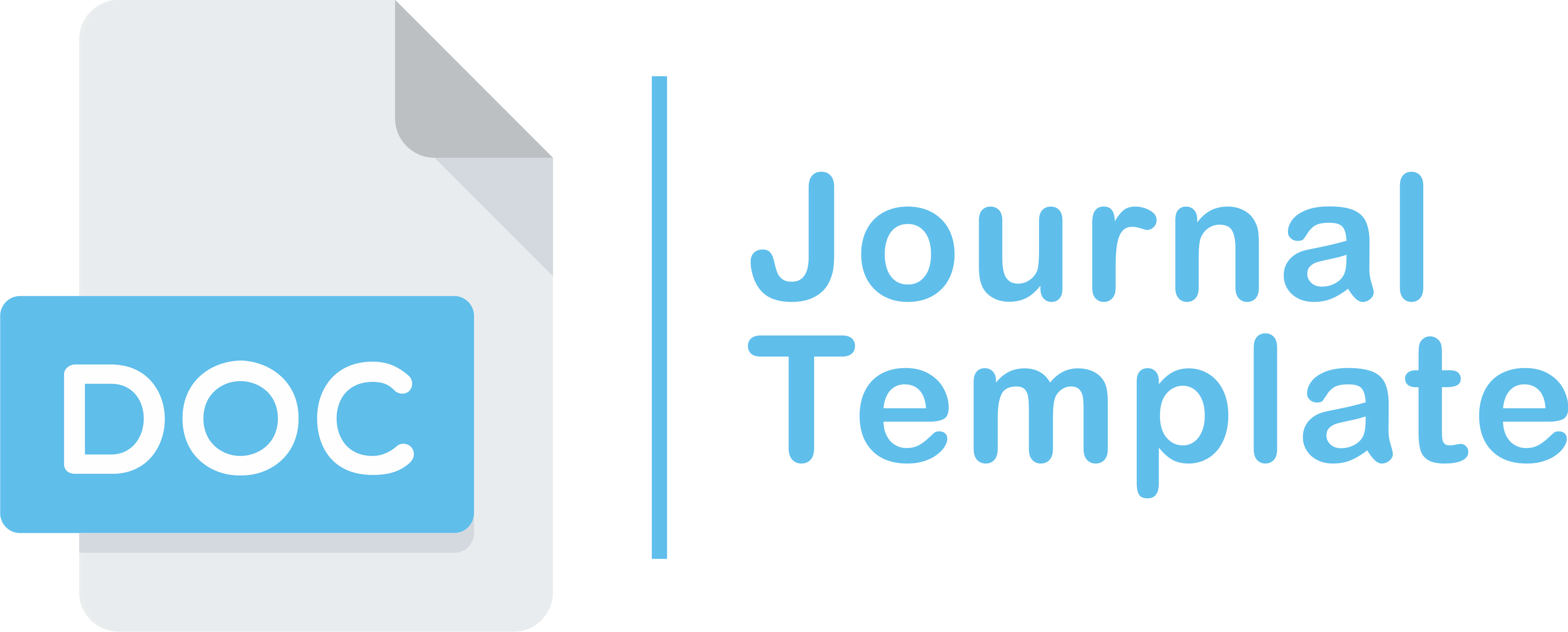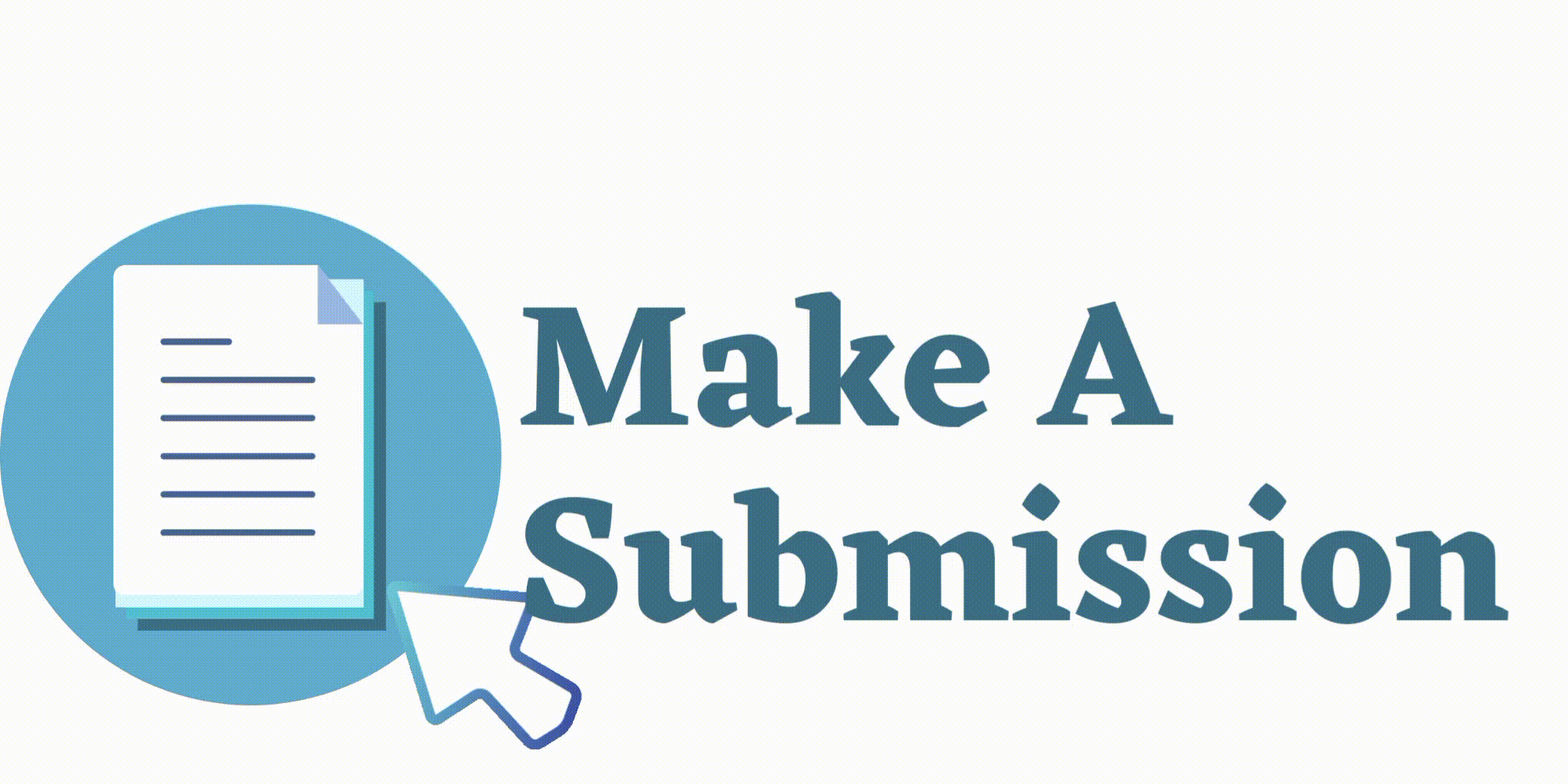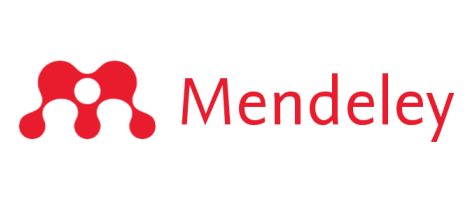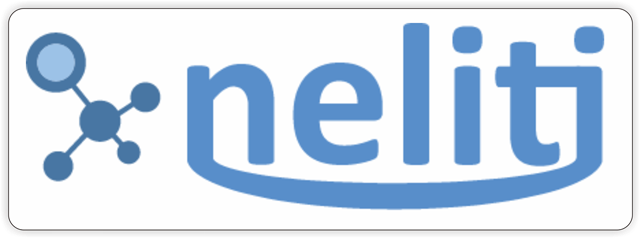The Role of Education Philosophy in the 21st Century Learning Era
DOI:
https://doi.org/10.69989/z0h5y422Keywords:
Philosophy of Education, 21st Century Learning, Technological AdvancesAbstract
Finding out what educational philosophy is for in this new age of learning is the primary goal of this research. The research approach used is literature review, which entails gathering and analysing a variety of pertinent sources and documents pertaining to the issue at hand. The results demonstrate that scientific philosophy plays a significant role in education in the modern day. Learning the fundamentals of science, honing one's capacity for critical thinking, and tackling the complexity and transdisciplinary problems plaguing contemporary science are all aided by educational philosophy. Modern pedagogy places an emphasis on skill development via guided learning experiences. Assertive reasoning, critical thinking, metacognition, communication, collaboration, progress, and innovation are six of the core competencies that students should strive to acquire in a student-centered, 21st-century classroom. talents with data. Since learning in the modern day is more integrated with information and abilities, training is thought to be able to generate data innovation professionals with high-quality human resources and fresh viewpoints.
Downloads
References
Abdiyah, L. (2021). Filsafat Pendidikan Islam: Pendidikan Multikultural. Tarbawy: Jurnal Pendidikan Islam, 8(2), 24–31.
Ahmad, S., N., M & Ismail. (2024). Peran vital filsafat pendidikan dalam mewujudkan pembelajaran abad 21. Cendikia : Media Jurnal Ilmiah Pendidikan. Vol 14(3): 352 – 358.
Alamsyah., Apriliano, C. D., Irwan, S., Alif, K & Mustofa, A. H. (2024). Peningkatan Kompetensi Siswa SMKN 1 Kramatwatu dalam hal comunication, critical thingking, collaboration dan creative pada kegiatan Kihajar STEM Tingkat Nasional 2023. Jurnal Sadewa : Publikasi Ilmu Pendidikan, Pembelajaran dan Ilmu Sosial. Vol 2(1): 281 – 290.
Amirudin, N. (2018). Filsafat Pendidikan Islam: konteks kajian kekinian. Caremedia Communication.
Anas, A & Endin, M. (2022). Implementasi Konsep 4c Dalam Pembelajaran Pada Mata Kuliah Analisis Kebijakan Pendidikan. Jurnal Manajemen Pendidikan Islam. Vol 2(1): 1 – 13.
Annisa, P. S.M., Feriyanti, E. G & Marisi, D. (2023). Penerapan Optimalisasi Keterampilan 4C (Creative Thinking, Critical Thinking And Problem Solving, Communication, Collaboration) Dalam Pembelajaran Contextual Oral Language Skills. Jurnal Ilmiah Korpus. Vol 7(3): 2614-6614.
Austin, A. (2020). Philosophy for All Children: enhancing knowledge
Brookfield, S. D. (2011). Teaching for critical thinking: Tools and techniques to help students question their assumptions. John Wiley & Sons.
Evi Maulidah. (2021). Keterampilan 4C Dalam Pembelajaran Untuk Anak Usia Dini. Vol 2 No 1.
Fauziddin, M. (2017). Upaya Peningkatan Kemampuan Bahasa Anak Usia 4-5 Tahun Melalui Kegiatan Menceritakan Kembali Isi Cerita Di Kelompok Bermain Aisyiyah Gobah Kecamatan Tambang. Jurnal Obsesi: Jurnal Pendidikan Anak Usia Dini, 1(1), 42. https://doi.org/10.31004.Obsesi.V1i1.30
Ginanjar, M. H. (2017). Urgensi Lingkungan Pendidikan Sebagai Mediasi Pembentukan Karakter Peserta Didik. Edukasi Islami: Jurnal Pendidikan Islam, 2(04).
Jauhari, M. I. (2020). Konsep pendidikan Ibnu Khaldun dan relevansinya terhadap pendidikan di era modern. Al-Manar: Jurnal Komunikasi Dan Pendidikan Islam, 9(1), 187–210.
Khairani, F., Handayani, T., Effendi, D., & Puspita, Y. (2023). The Role Of Educational Philosophy As The Foundation For Teacher Strengthening In Schools. Esteem Journal of English Education Study Programme, 6(2), 226-235.
Ndofirepi, A. P. (2012). Quality education in Africa: Introducing philosophy for children to promote open-mindedness. Africa Education Review, 9(sup1), S26-S40.
Ramli, A., Putri, R., Trimadona, E., Abadi, A., Ramadani, Y., Saputra, A. M. A., Pirmani, P., Nurhasanah, N., Nirwana, I., & Mahmudah, K. (2023). LANDASAN PENDIDIKAN: Teori dan Konsep Dasar Landasan Pendidikan Era Industri 4.0 dan Society 5.0 di Indonesia. PT. Sonpedia Publishing Indonesia.
Rini (2022). Keterampilan Pembelajaran Abad 21 Communication, Collaboration , Critical Thinking Dan Creative Thinking (4C) Dengan Pendekatan Model Problem Based Learning Meningkatkan Hasil Belajar PAI Materi Luqman Al-Hakim Kelas 5 SDN 010 Bengkulu Utara. Jurnal Pendidikan Profesi Guru Agama Islam. Vol 2(9): 25 – 30.
Sahu, B. (2002). New Educational Philosophy. Sarup & Sons
Sapitri, N. K. I., Ardana, I. M & Gunamantha, I. M. (2022). Pengembangan Lkpd Berbasis Pemecahan Masalah Dengan Pendekatan 4C Untuk Meningkatkan Kemampuan Berpikir Kritis Siswa. PENDASI: Jurnal Pendidikan Dasar Indonesia. Vol 6(1): 24 – 32.
Sari, J. P., Neng, A., Duski, I & Syarnubi. (2024). Filsafat Ilmu Pengetahuan Dalam Pembelajaran Abad 21. AT-TAJDID: Jurnal Pendidikan Dan Pemikiran Islam. Vol 8(1): 1 – 7.
Tishana, A., Dio, A., Arief, J. P., Nizwardi, J & Rijal, A. (2023). Filsafat Konstruktivisme dalam Mengembangkan Calon Pendidik pada Implementasi Merdeka Belajar di Sekolah Kejuruan. Journal on Education. Vol 5(2): 1855 – 1867.
Trilling, Bernie and Hood, Paul. 1999. Learning, Technology, and Education Reform In The Knowledge Age, (Online), (https://www.wested.org/online_pubs/ learning_technology.pdf.), diakses tanggal 11 Mei 2016
Wardhani, H. N., Setyowati, N. I., Tsalitsa, A., & Nurrahayu, S. (2021). Strategi Meningkatkan Kompetensi 4C Creativity , Communication , & Collaborative ) ( Critical Thinking , Strategies to Improve 4C Competencies ( Critical Thinking , Creativity , Communication & Collaborative ). 14(1), 41–52.
Widaningsih, E. W., Weti, S. N. J & Wina, P. (2024). Peran Filsafat Ilmu Dalam Pembelajaran Abad 21. Khatulistiwa: Jurnal Pendidikan dan Sosial Humaniora. Vol 4(1): 149 – 157.
Yan, S., Walters, L. M., Wang, Z., & Wang, C. C. (2018). Meta-Analysis of the Effectiveness of Philosophy for Children Programs on Students’ Cognitive Outcomes. Analytic Teaching and Philosophical Praxis, 39(1), 13-33.
Downloads
Published
Issue
Section
License
Copyright (c) 2024 Anisa Oktobianti, Dr. Ismail, M.S. (Author)

This work is licensed under a Creative Commons Attribution-ShareAlike 4.0 International License.
Copyright Notice
An author who publishes in the journal "Jurnal Ilmiah Ekotrans & Erudisi" agrees to the following terms:
Author retains the copyright and grants the journal the right of first publication of the work simultaneously licensed under the Creative Commons Attribution-ShareAlike 4.0 License that allows others to share the work with an acknowledgement of the work's authorship and initial publication in this journal
Author is able to enter into separate, additional contractual arrangements for the non-exclusive distribution of the journal's published version of the work (e.g., post it to an institutional repository or publish it in a book) with the acknowledgement of its initial publication in this journal.
Author is permitted and encouraged to post his/her work online (e.g., in institutional repositories or on their website) prior to and during the submission process, as it can lead to productive exchanges, as well as earlier and greater citation of the published work (See The Effect of Open Access).
All materials in this site are protected by the law. It is prohibited to quote a part of or all of this website contents for commercial purposes without the permission or consent of the editors.
If anyone finds one article or more in this journal violate or potentially violate one’s copyrights, please report to us through e-mail of Principle Contact.
Legal-formal aspects of accessing any information and manuscript in this journal website refer to the provision of license Creative Commons Attribution-Share Alike (CC BY-SA). Read more about the Creative Commons Attribution-ShareAlike 4.0 Licence here: https://creativecommons.org/licenses/by-sa/4.0/.
All information available in 'Jurnal Ilmiah Ekotrans & Erudisi' is academic in nature. 'Jurnal Ilmiah Ekotrans & Erudisi' is not responsible for loss due to the abuse of information in the website.
Information
Notice about change in the copyright policy of the journal 'Jurnal Ilmiah Ekotrans & Erudisi' : "From Volume 1, Nomor 1 onwards the copyright of the article published in the journal 'Jurnal Ilmiah Ekotrans & Erudisi' will be retained by the author"
Privacy Statement
The names and email addresses entered in this journal site will be used exclusively for the stated purposes of this journal and will not be made available for any other purpose or to any other party.

